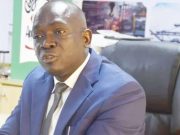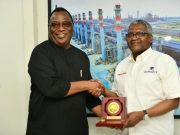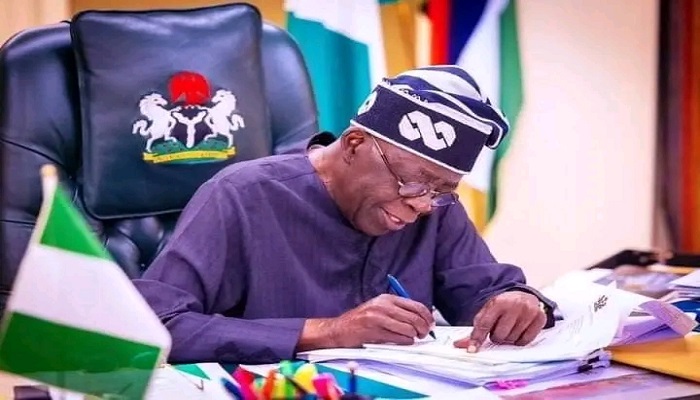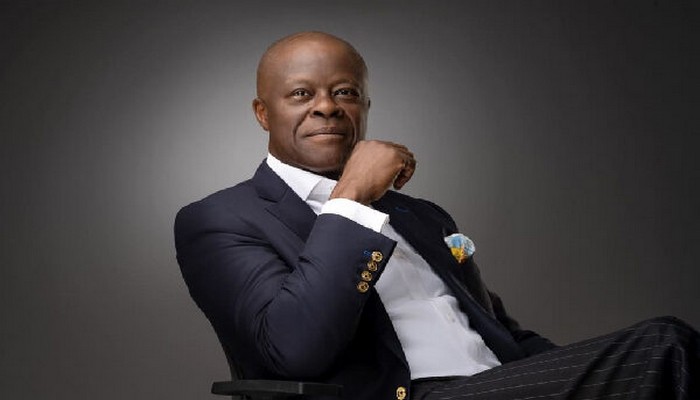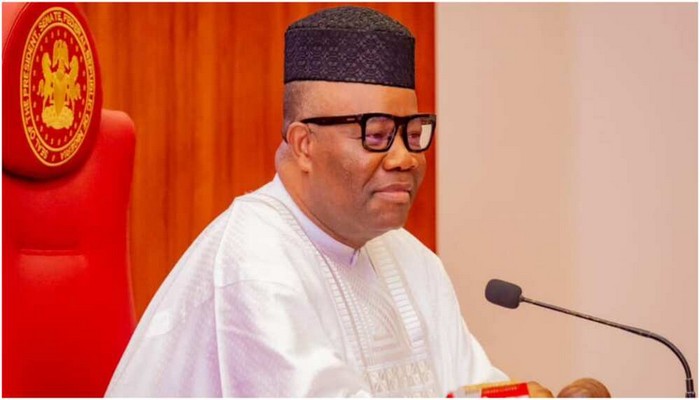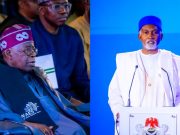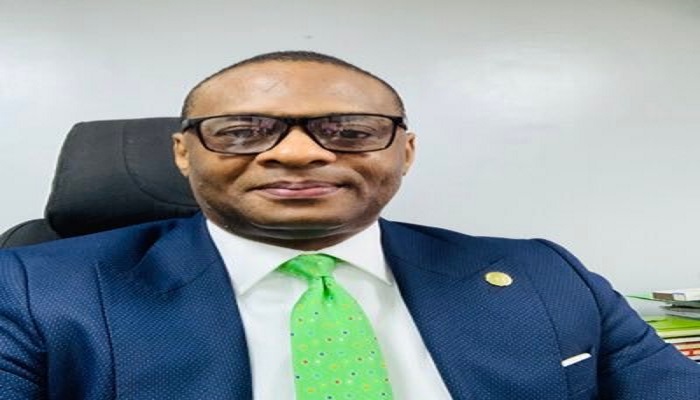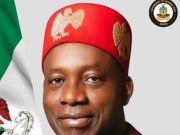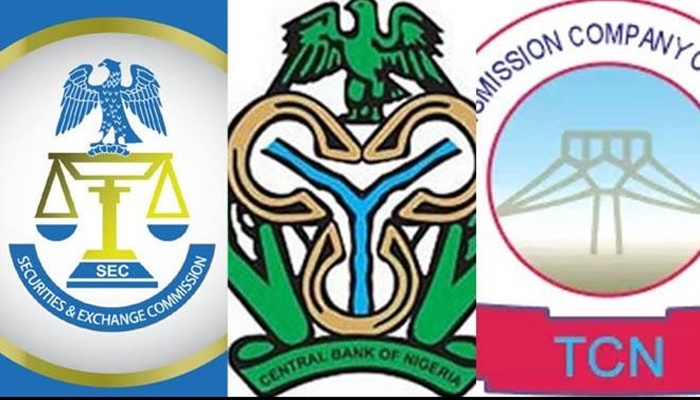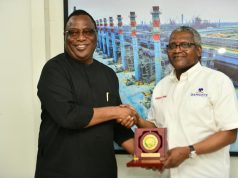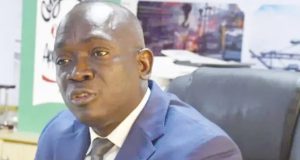Dozens of federal agencies are still operating without substantive heads or boards for more than two years now, Daily Trust reports.
President Muhammadu Buhari dissolved the boards on July 16, 2015, and two months later set up an eight-man panel, headed by former Secretary to the Government of the Federation, Engr. Babachir Lawal, to reconstitute them.
Since then most of the boards have not been reconstituted, a development which insiders say has serious implication for operational efficiency insiders say.
Some of the agencies without boards are the Security and Exchange Commission (SEC), Pension Commission of Nigeria (PenCom), Independent Corrupt Practices and other related Offences Commission (ICPC), Central Bank of Nigeria (CBN), Code of Conduct Bureau (CCB), Pharmaceutical Council of Nigeria, Asset Management Corporation of Nigeria (AMCON), Nigerian Deposit Insurance Corporation (NDIC), and Transmission Company of Nigeria (TCN).
Others include the Nigerian Electricity Management Services Agency (NEMSA), Nigerian Bulk Electricity Trading (NBET) and the Nigerian Electricity Liability Management Company (NELMCO), Nigeria Customs Services (NCS), Federal Inland Revenue Services (FIRS), National Health Insurance Scheme (NHIS), National Primary Health Care Development Agency (NPHCDA), National Agency for Food and Drug Administration and Control (NAFDAC), and National Agency for the Control of AIDS (NACA), Medical and Dental Council of Nigeria (MDCN).
The MDCN is statutorily mandated to train, register and discipline medical practitioners as well as regulate medical practice in the country.
This development is raising serious concern in medical circles. The National Postgraduate Medical College of Nigeria recently urged President Buhari to reconstitute the MDCN board.
The President of the College, Dr. Ademola Olaitan recently said the prolonged absence of the board would affect standards in the health sector.
“This very important body has operated without a board since the last one was dissolved over two years ago. The reconstitution of the board will allow the Council to perform its statutory functions, which is crucial to the smooth running of the health sector,” he said.
Also, the President of Pharmaceutical Society of Nigeria (PSN) Pharm. Ahmed Yakasai and Secretary, Pharm. Gbolagade Iyiola said recently that for the country to have an enduring structure in the health system, relevant appointments in regulatory agencies and strategic organs in the health sector must be made.
“It is particularly hard hit without an array of salient appointments at National Agency of Food and Drug Administration and Control (NAFDAC), Pharmacists Council of Nigeria (PCN), National Institute for Pharmaceutical Research and Development (NIPRD),” they said.
The Security and Exchange Commission (SEC) which is responsible for the general administration of the commission has no board for over two years.
SEC 2007 Act says the board, in particular, shall formulate general policies for the regulation and development of the capital market and the achievement and exercise of the functions of the commission. It also approves the audited and management accounts of the commission.
The board appoints auditors for the commission; considers and approves the annual budget of the commission as may be presented to it by the management; establish zonal offices and carry out such other activities as are necessary and expedient for the purposes of achieving the objectives of the commission.
‘Having formidable board important’
But the SEC Director General Mounir Gwarzo had told Daily Trust that the lack of board at SEC doesn’t negatively impact the smooth running of SEC.
“It is not true that the absence of board in SEC is driving us back. I have a good support of my minister,” he said.
He, however, said that “having a formidable board is also important, even from the corporate governance point of view. It gives a lot of comfort and comfort to foreign investors that the regulator is well suited.”
Some agencies in the power sector are yet to have constituted boards just as the pressure of supervision and making decisions are weighing down their ministers.
Apart from the Rural Electrification Agency (REA), board members for other agencies in the power sector are yet to be fully constituted. REA now has its executive management team in place and a board led by Mr Umaru Maza Maza since April 2017.
At the Nigerian Electricity Regulatory Commission (NERC), there is yet to be a chairman. The six commissioners were appointed only in February 2017, after a 14-month vacuum.
There are also no board members yet for the TCN but it now has an Interim Managing Director, Mr Usman Gur Mohammed since January 2017. All duties and responsibilities of the board members are being handled by the Minister of Power, Works, and Housing, Mr Babatunde Fashola in the meantime.
The Nigerian Bulk Electricity Trading (NBET) and the Nigerian Electricity Liability Management Company (NELMCO) are also yet to have their boards constituted by President Muhammadu Buhari though they have managing directors.
Both agencies had the former Minister of Finance, Mrs Ngozi Okonjo-Iweala as their chairperson under the Jonathan government.
The Managing Director of the Nigerian Electricity Management Services Agency (NEMSA), Engr. Peter Ewesor was reappointed recently with its management team in place. However, the board members that consist of about nine persons are yet to be appointed.
At the Nigeria Customs Services (NCS), there is yet to be a board. However, the Comptroller General of Customs, Col. Hameed Ali (rtd) who should be the Vice Chairman of the board has constituted a new management team made up of six Deputy Comptrollers General (DCG). The board members, according to the Customs Excise and Management Act (CEMA), should consist of 11 members including the Minister of Finance as the Chairperson, and a representative from select ministries like Transportation, Industry, and Finance.
Boards absence slow operations
As many agencies continue to work without boards, some experts and industry operators have said such action could have a direct hit at the oeration of the agencies.
For instance, in the power sector, a former commissioner at the Nigerian Electricity Regulatory Commission (NERC) said whatever the present commissioners are doing is void as the commission is yet to get a chairman. The official who spoke in confidence said the private power firms could sue the regulatory agency for any order given if they really understand the Electric Power Sector Reform Act (EPSRA) 2005 setting up NERC.
By this, the minister in charge of the ministries is becoming overwhelmed by the many issues waiting for a decision at the agencies. At the TCN, its websites says the minister acts in the absence of the board.
This is a critical public utility that has sought for huge foreign funding to expand its capacity so it can transmit more power to the 11 Distribution Companies (DisCos) for improved electricity supply.
Delays in making decisions or getting approval from the minister who is engulfed in many other governance affairs could set limitations for this public utility.
At the National Power Training Institute of Nigeria (NAPTIN), there is yet to be a director general since December 2016. The only power sector trainer at a time where the country needs more capacity to handle electricity businesses has no board and is subjected to reporting to the office of the minister in the meantime.
There is also a building pressure at the Presidency due to the absence of board members at critical agencies. Sources said the ministers often sought the approval of the presidency when it comes to critical decisions for their agencies and parastatals.
For instance, at the Nigeria Customs Service, our reporter noted that CGC Ali said he sought the approval of the Presidency to implement the removal of the HND/B.Sc dichotomy which he implemented a few months ago. It was also the same with the approval of the management team recently constituted.
Absence breeds corruption -Experts
Bongo Adi, a professor of Economics at Lagos Business School (LBS), said the failure of the government to constitute boards of agencies breeds corruption.
He said within the corporate sector, boards are constituted so shareholders don’t have direct control of their assets and the management doesn’t mismanage shareholders assets too.
Dr Adi said it is supposed to be the same tradition in government agencies. The board makes sure the appointees don’t abuse their powers and are responsible to taxpayers and the public interest.
“When you don’t have that, heads of those agencies act essentially in their own interest without much respect for the rule of law or the public good.
“In the absence of the boards, they don’t represent the public interest. It means that nobody can say in clear terms what the CEOs are doing. That could aid corruption as there is no oversight and we are already seeing examples, like the NNPC,” he said.
“This government has no regard for board appointments. The consequence is that we are seeing official misconducts in government agencies,” he said.
Another economist working in one of these agencies who preferred anonymity for fear of victimization said the government is indulging in illegality by not appointing boards for federal agencies.
He said, some of the agencies have vested so many powers on the board and some of their powers can’t be transferred to either the minister or the president. For instance, he said, the power to take over companies by the Asset Management Corporation of Nigeria (AMCON) is vested in the board of AMCON and not on the Minister or the President.
“Recently, AMCON, attempted to take over a company and the lawyer to the company wrote to AMCON to tell them the law forbids them to do so without a board and AMCON couldn’t take over that company,” he said.
According to Muda Yusuf, Director-General, Lagos Chambers of Commerce and Industry, non-composition of boards of agencies and institutions will affect their effectiveness.
“Board creates checks and balances in the system. If there is no board, the head of such institutions becomes too powerful and this has its backlash on the economy,” he said.
Credit: Daily Trust.


